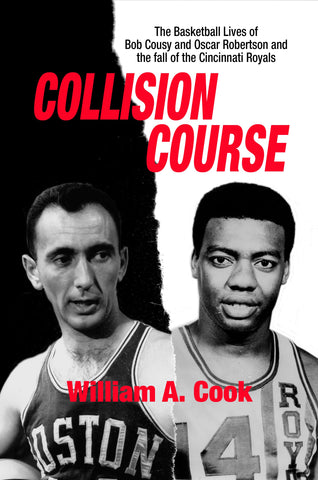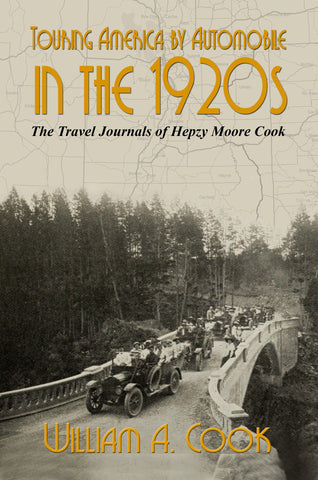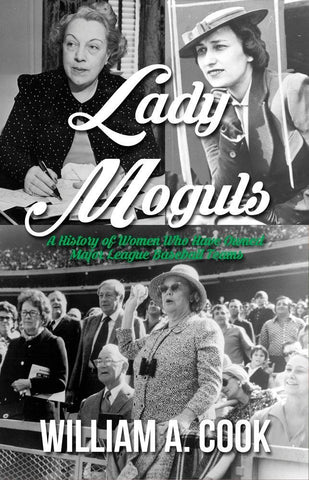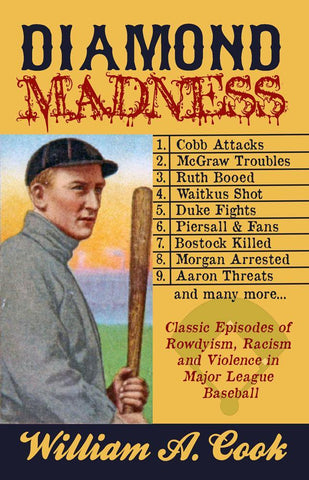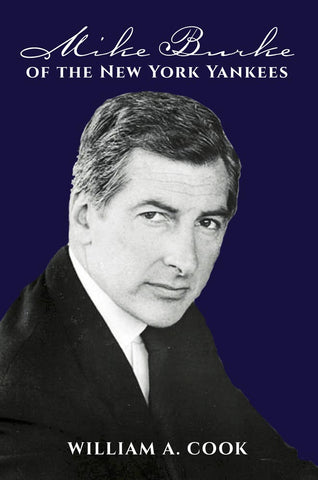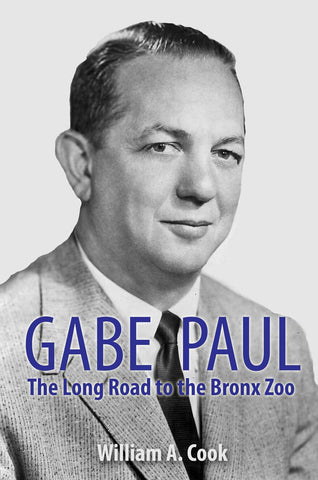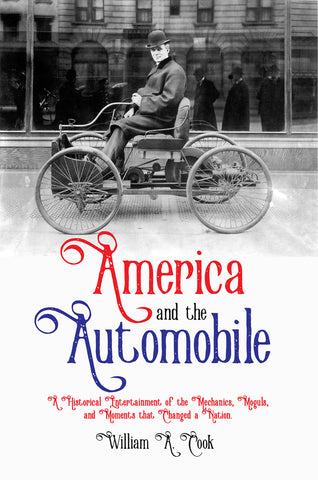“No one will ever know how much I have suffered. If I know anything about it, I would tell for the sake of my wife and baby. I don’t know gangsters, and if I had something to do with it, I wouldn’t be here today. I always loved children in Germany and here.”
(From the remarks of Bruno Richard Hauptman while being questioned in the Hunterdon County Jail (NJ), October 24, 1934)
When Charles A. Lindbergh landed outside of Paris on May 21, 1927, completing the first successful solo trans-Atlantic fight, he immediately became the most famous person in the world. But his celebrity would lead to tragedy. In the dark of the night on March 1, 1932 without warning, the unthinkable happened. Twenty month old Charles Augustus Lindbergh, Jr., the first born son of the famed aviator and his wife, author Anne Morrow Lindbergh, was taken from his crib in the family home near Hopewell, New Jersey. On May 12, 1932 the baby boy was found lying in a shallow grave in the woods five miles from home, hideously murdered. The global outrage that resulted was overwhelming.
Following a two year investigation, on September 19, 1934, an illegal German immigrant and unemployed carpenter with a criminal past, Bruno Richard Hauptmann, was arrested in New York and charged with the crime. A spectacular trial followed in the sleepy little rural town of Flemington, New Jersey that resulted with the conviction and execution of Hauptmann in New Jersey’s electric chair on April 3, 1936. However until this very day a debate has endured over the verdict in the trial. The debate is based in part, on the fact Hauptmann was convicted on circumstantial evidence.
Following the trial and execution of Hauptmann, Col. Lindbergh and his wife Anne relocated to Great Britain. However with the war drums of Nazi Germany starting to beat across Europe, the Lindberghs returned to the United States. Immediately, Col. Lindbergh became involved in the anti-war movement, while his wife wrote a controversial anti-war book. Consequently, the legacy of Charles Lindbergh one of America’s greatest heroes becomes forever tainted.
William Cooks recounting of these historical events is written with laser like accuracy using actual police reports and actual trial transcripts and personal documents of Charles and Anne Lindbergh. Also the last surviving member of the investigating team, Major Hugo Stockburger (NJSP) was interviewed for the work and his private papers reviewed.
Cook has exercised great care through-out to present the facts of the case as they were known and reported in order to ensure that the reader will reach their own conclusion on the guilt or innocence of Bruno Richard Hauptmann. In previous published works on the Lindbergh case, Hauptmann is never portrayed as anything less than a cold blooded killer and the moment he is arrested, the author convicts him. While this work is not sympathetic to Hauptmann, the reader can detect a human quality in him that fuels the fire of doubt on his guilt.
This book is different than previously published works on the Lindbergh case for several reasons.
First, Cook's work on the Lindbergh case is different because it contains access to the private files and information obtained from a personal interview with Major Hugo Stockburger, the last surviving member of the Lindbergh investigation conducted by the New Jersey State Police. Major Stockburger passed away at the age of 100 on June 21, 2007, nearly six months following his meeting with the author on January 5, 2007. Major Stockburger was a rather private person who inherently mistrusted writers and members of the press. Their meeting was the first time he ever consented to being interviewed in regard to the Lindbergh case by a writer not associated with the press. So there is new, never before published information in regard to the investigation in our book. For example; the Lindbergh case historians will quickly notice the never before detailed Flemington jail house meeting conversation between Dr. John Condon and Hauptmann. While this event has been noted by other authors in the past, they could not provide any actual dialog of record for the conservation. The notes were kept by Major Stockburger and they remain in his private collection, now in the custody of his son.
Second, this work contains information obtained in an interview with Major Stockburger’s friend of 60 years, fellow New Jersey State Police trooper George Soriano, who was 87 years old when we discussed the Lindbergh case on several occasions. As brother troopers, Stockburger told Soriano many things about the case that he would never have mentioned publicly. Mr. Soriano passed away on July 2, 2009.
Lastly, this work presents a much more detailed profile of Anne Morrow Lindbergh than previously published works on the Lindbergh case. In other books on the crime, Anne Lindbergh, an extremely talented lady in her own right, is presented as a shadow to her famous husband in the chronicle of the crime. But Cook has taken the time to present her as a principle character that can stand alone in the story. Furthermore her emotions are an important aspect for the reader in understanding the brutality of the crime. In fact, this historical and factual portrayal of Anne Morrow Lindbergh might even be considered controversial.
It should also be noted that the author took the initiative to review the Charles and Anne Lindbergh papers archived at Princeton University. No other author writing about the case has ever taken the time to research these documents for the inclusion of human qualities in defining both Charles and Anne Lindbergh in their works.
Page Count: 388
Trim Size: 6 x 9
Publish Date: April 30, 2014
Imprint: Sunbury Press
Genre: History



